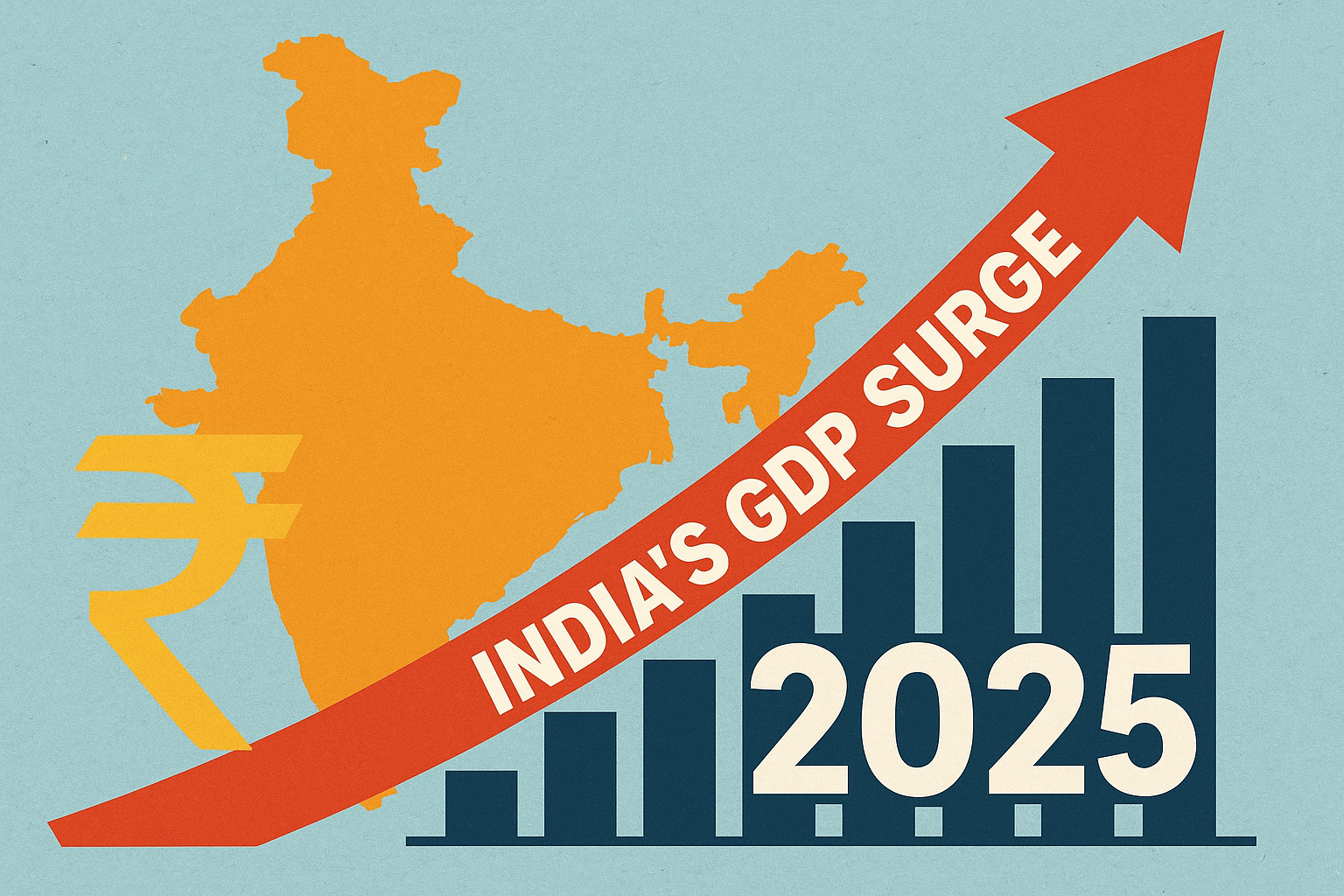Table of Contents
Budget 2024-25 proposes the abolition of angel tax. Learn more about it now!
Startups in India have increased in recent years. This growth is due to factors like Make in India and Startup India. However, owing to this increase, the need for funding also increased. Startups procure funds from sources, like venture capital, business incubators, crowdfunding, angel investors, government grants, subsidies, etc.
Other than startups, the unlisted companies are also in need of such funding. These funds are liable for taxation above a certain limit. These limits drive the finances. When taxes are higher, it pains the startup to raise funding.
One such famous funding source, affected by taxes is the angel investment. The government had imposed an angel tax on such funding. It critically affects startups and new ventures. However, in Budget 2024, Finance Minister Nirmala Sithraman abolished this tax, and investors, along with the startups are in joy. Let’s discover more about the angel tax, its abolition and its impact, in this article.
What is the angel tax?
In India, the market regulator, the Securities Exchange Board of India (SEBI), is working hard to regulate the market and maintain its decorum. In the Alternative Investment Fund (AIF) regulations, 2012 AIF investment was categorised into three different groups:
- Category I – These invest in startups, early ventures, social ventures, etc.
- Category II – These are not categorised in the first or third group.
- Category III – These funds follow a specific investment strategy.
The angel funds were separately categorised into venture capital funds as a sub-category. They are regulated by Category-III AIF regulations. The minimum investment for the angel funds is ₹25 lakhs. The investors investing through such funds, are known as angel investors. These are usually high-networth individuals, who have substantial investment experience, social entrepreneur experience or at least ten years of experience as a senior management professional. The fund is termed an ‘angel fund’ because the investment amount received is capable of substantially helping the startups.
Unlisted companies source their funds from private placement of shares or debt. So, they are also called private companies. So, these companies can raise funds from angel investors in exchange for offering shares. The income received over the fair value of shares, given by such companies, is taxable. This tax is popularly known as the angel tax.

Before budget 2024
In the Finance Act, 2012, a new clause was added to Section 56 (2) of the Income Tax Act, 1961. This clause charged tax on the income above the fair value of shares offered to the angel investors. This angel tax is payable by the company receiving these funds and was charged under the head of ‘Income from other sources’. The main motive behind this clause was to curb the money laundering activities in the economy. The government believed that some high-networth investors could probably use their surplus funds to invest in startups to evade the tax implications.
The fair value is usually a delicate point of discussion due to different valuation techniques, assumptions and projections. The act provides opportunities for companies to evaluate their fair value. A higher of the following is considered fair value:
- Value determined by the methods prescribed
- Value determined by the company may not match the assessing officer’s satisfaction. The valuation is mainly based on assets, goodwill, patents, etc.
It certainly discouraged angel investment. However, some startups were allowed exemptions under the Section 80 IAC of the Income Tax Act of 1961. If the startups are recognised by the Department of Industrial Policy and Promotion (DIPP) and have share capital and share premium, post issue less than ₹25 crores can avail of this deduction. Startups fulfilling this criteria are given a tax holiday for three consecutive financial years. These three years would be from the first ten years after incorporation. The unlisted companies and the startups find it difficult to pay a large chunk of raised funding as an angel tax.

Abolition of angel tax
The angel tax was introduced with the motive to reduce money laundering. However, this implication had some problems, such as:
- Failure to differentiate between money laundering and legitimate investment.
- Inconsistency in the valuation technique that aligns with assessing officer’s requirements.
- Startups were facing problems in attracting investment from foreign angel investors.
As of March 31, 2024, a total ₹3130 crores of angel investment is there in India. This tax burden was a quite high obligation for private companies. In the Finance Bill 2024, the angel tax was abolished by the Finance Minister (FM) Nirmala Sithraman. The clause was removed for all the asset classes. It puts a full stop to all the controversies regarding inappropriate valuations. These amendments will be in function from April 1, 2025. Entities can avail of its benefits from FY 2025-26.
Impact on startup culture in the country
The abolition of the angel tax is a big move for aspiring startups and unlisted companies. The angel tax had severe implications for the future valuations of the companies. Some controversies regarding the overvaluation of the firms for tax implications in the long term pose a serious issue for the startups. Moreover, startups were losing substantial money in tax payments.
Startup funding has slowed down in recent years due to the angel tax. The institutions, like DIPPT and the Confederation of Indian Industries (CII) had previously urged to repel this tax owing to adverse effects on the angel funds.

Conclusion
Angel funding is a crucial source for startups. However, before budget 2024, the angel funding attracted tax liability for the receiving entity. The unlisted company paid tax on the amount over the fair value of the share offered by the company. This tax implication was discouraging for startups.
In budget 2024, the angel tax was abolished by FM Nirmala Sitharaman. Startups and the institutions related to it welcome this move. It will help startups attract investment without paying a substantial part of it as a tax.
DISCLAIMER: This article is not meant to be giving financial advice. Please seek a registered financial advisor for any investments.
- Make in India 2.0: How Manufacturing Is Reshaping Market Sentiment - December 13, 2025
- Real Estate Boom : Why Tier-2 Cities Are Attracting Big Investors - December 12, 2025
- India’s GDP Surge 2025: What the New Growth Numbers Mean for Markets - December 9, 2025





